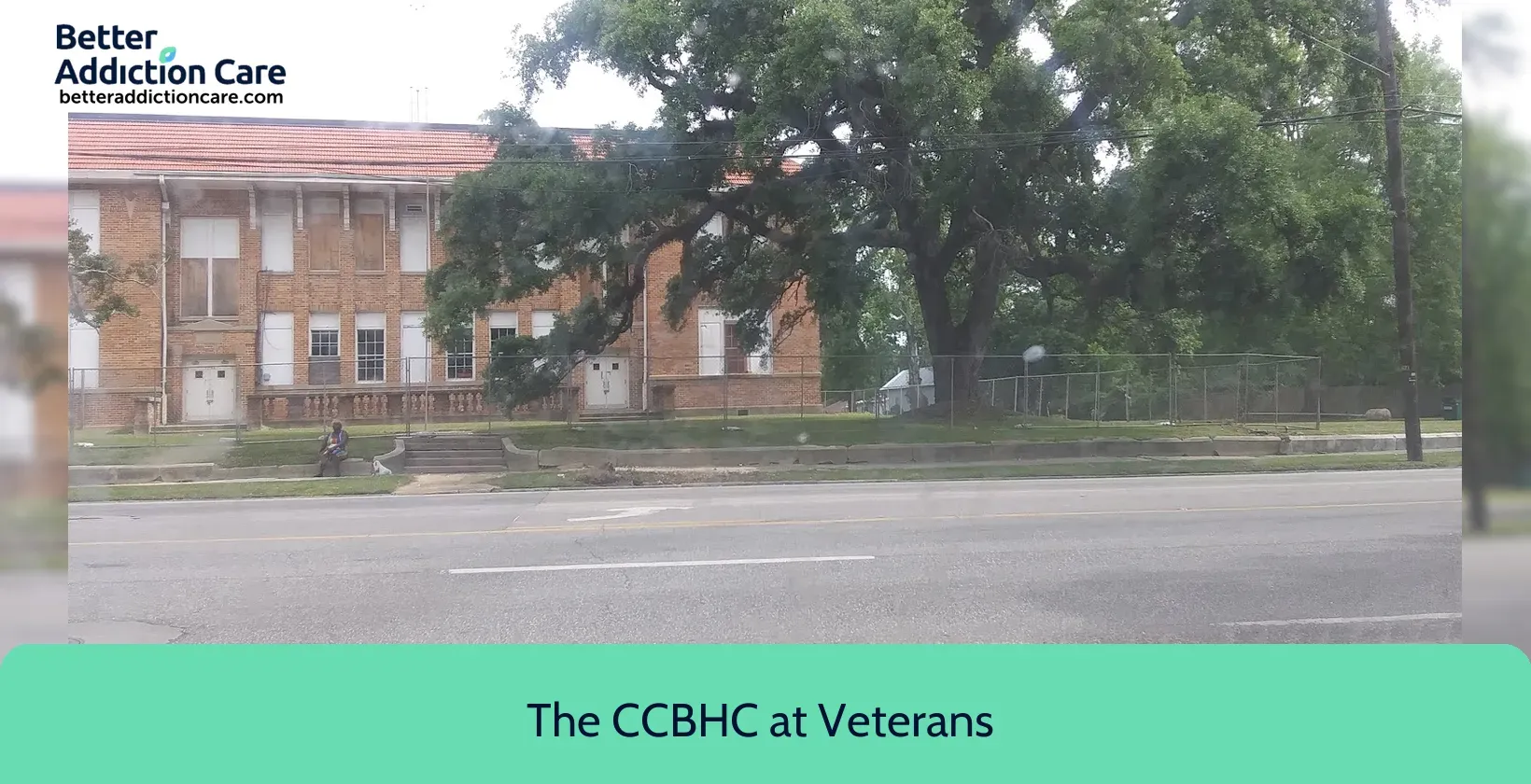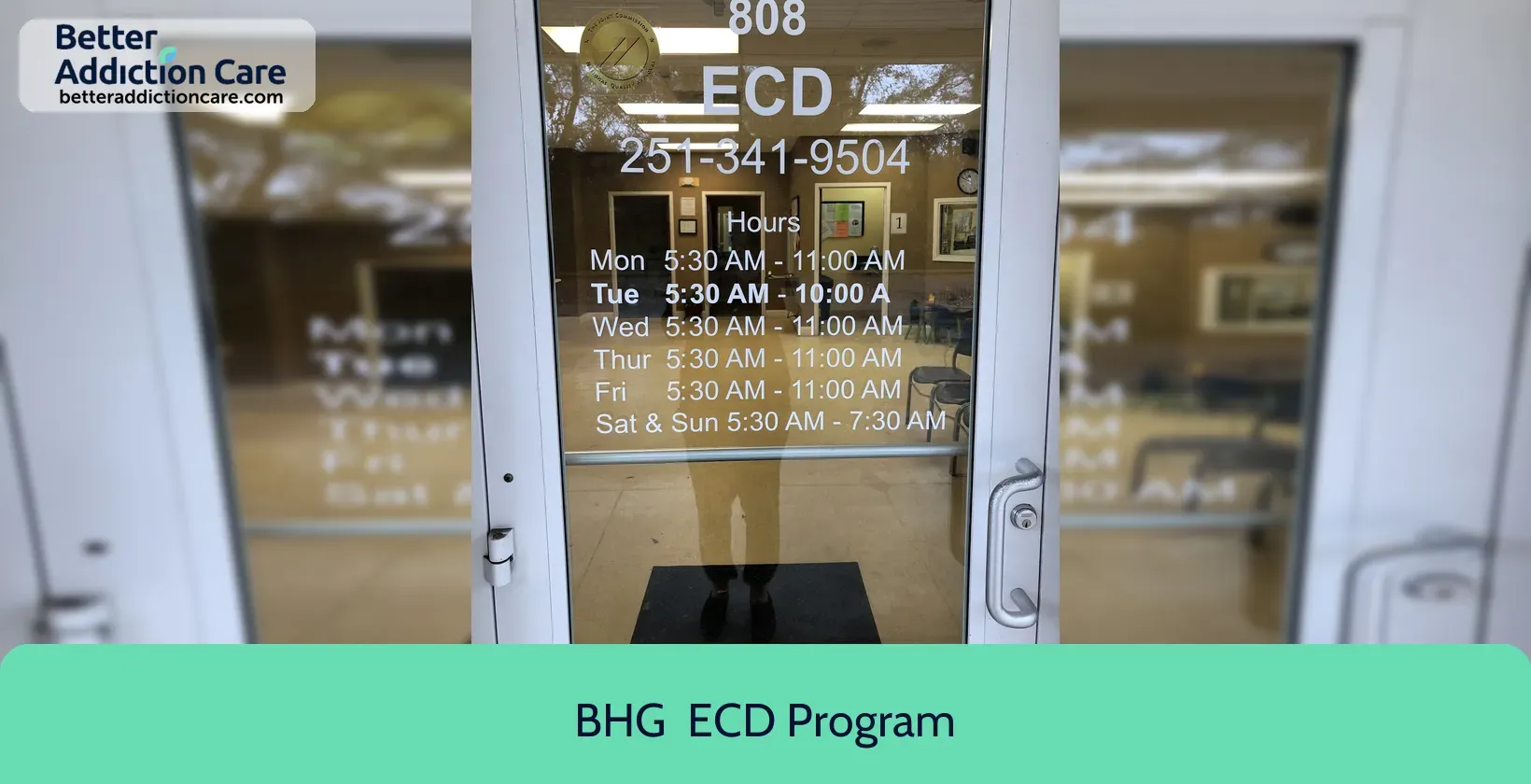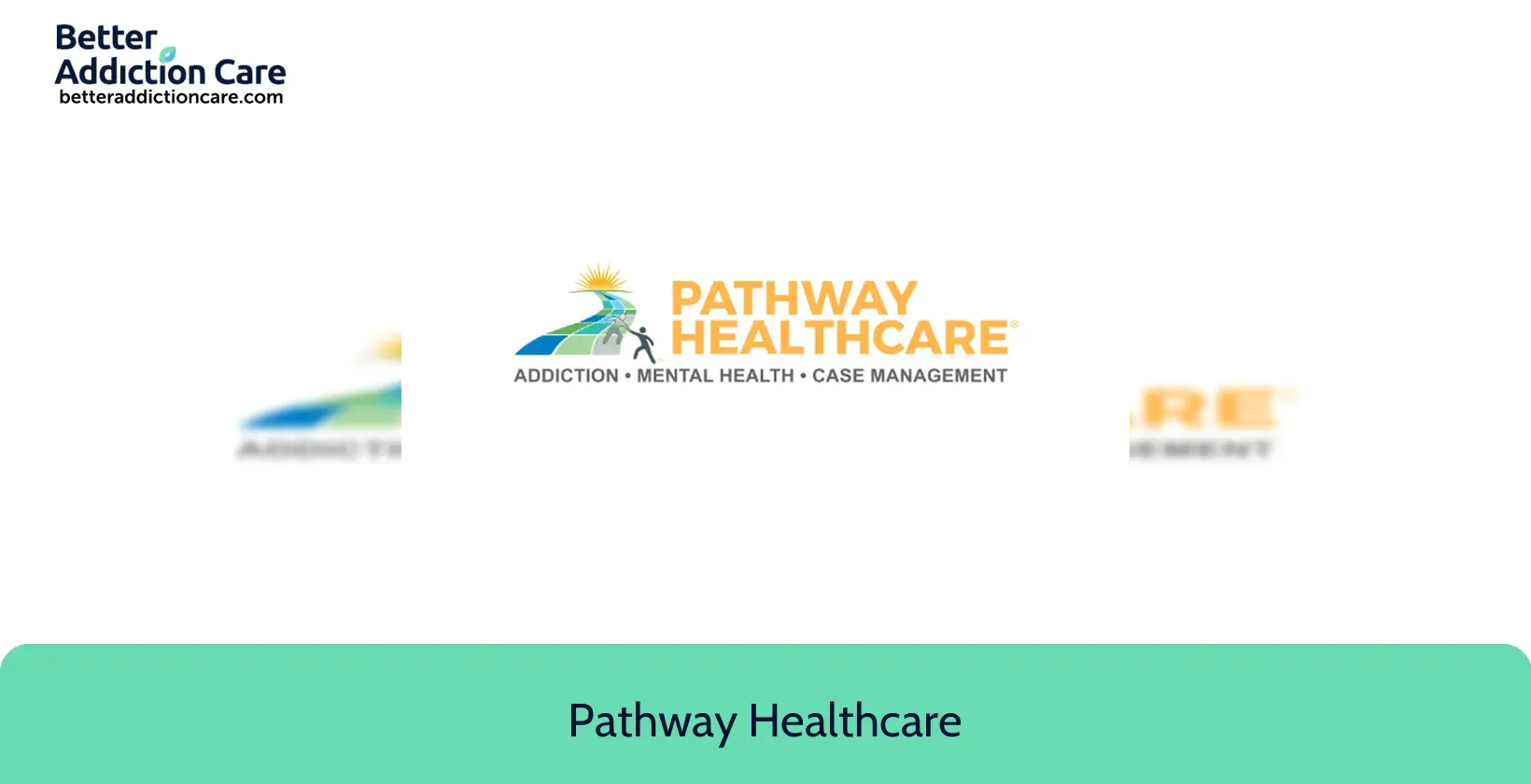The Shoulder

Overview
The Shoulder is a substance abuse treatment center for people seeking treatment near Mobile County. As part of their treatment modalities for recovery, The Shoulder provides cognitive behavioral therapy, substance use disorder counseling, and trauma-related counseling during treatment. The Shoulder is located in Mobile, Alabama, accepting cash or self-payment for treatment.
The Shoulder at a Glance
Payment Options
- Cash or self-payment
- Federal, or any government funding for substance use treatment programs
- Sliding fee scale (fee is based on income and other factors)
- SAMHSA funding/block grants
Assessments
- Screening for tobacco use
- Comprehensive substance use assessment
- Interim services for clients
- Outreach to persons in the community
- Screening for mental disorders
Age Groups
- Young adults
- Adults
Ancillary Services
- Case management service
- Social skills development
Highlights About The Shoulder
6.92/10
With an overall rating of 6.92/10, this facility has following balanced range of services. Alcohol Rehabilitation: 8.00/10, Drug Rehab and Detox: 6.00/10, Insurance and Payments: 6.00/10, Treatment Options: 7.70/10.-
Alcohol Rehabilitation 8.00
-
Treatment Options 7.70
-
Drug Rehab and Detox 6.00
-
Insurance and Payments 6.00
Accreditations
State mental health department:
State mental health department accreditation refers to the process of evaluating and certifying the quality and standards of a state's mental health department, ensuring that it provides high-quality services and meets specific criteria for mental health care. The accreditation process is performed by a third-party organization and helps to improve the overall care and treatment of individuals with mental health conditions.
Treatment At The Shoulder
Treatment Conditions
- Alcoholism
- Substance use treatment
Care Levels
- Hospital inpatient treatment
- Short-term residential
- Long-term residential
- Aftercare
Treatment Modalities
- Cognitive behavioral therapy
- Substance use disorder counseling
- Trauma-related counseling
- Smoking/vaping/tobacco cessation counseling
- Group counseling
Ancillary Services
Languages
- Sign language services for the deaf and hard of hearing
Additional Services
- Pharmacotherapies administered during treatment
- Mentoring/peer support
- Breathalyzer or blood alcohol testing
Special Programs
- Clients who have experienced trauma
Get Help Now
Common Questions About The Shoulder
Contact Information
Other Facilities in Mobile

6.96

7.22

6.77

6.89

6.94

6.96

7.52

7.42
DISCLAIMER: The facility name, logo and brand are the property and registered trademarks of Pathway Healthcare, and are being used for identification and informational purposes only. Use of these names, logos and brands shall not imply endorsement. BetterAddictionCare.com is not affiliated with or sponsored by Pathway Healthcare.
